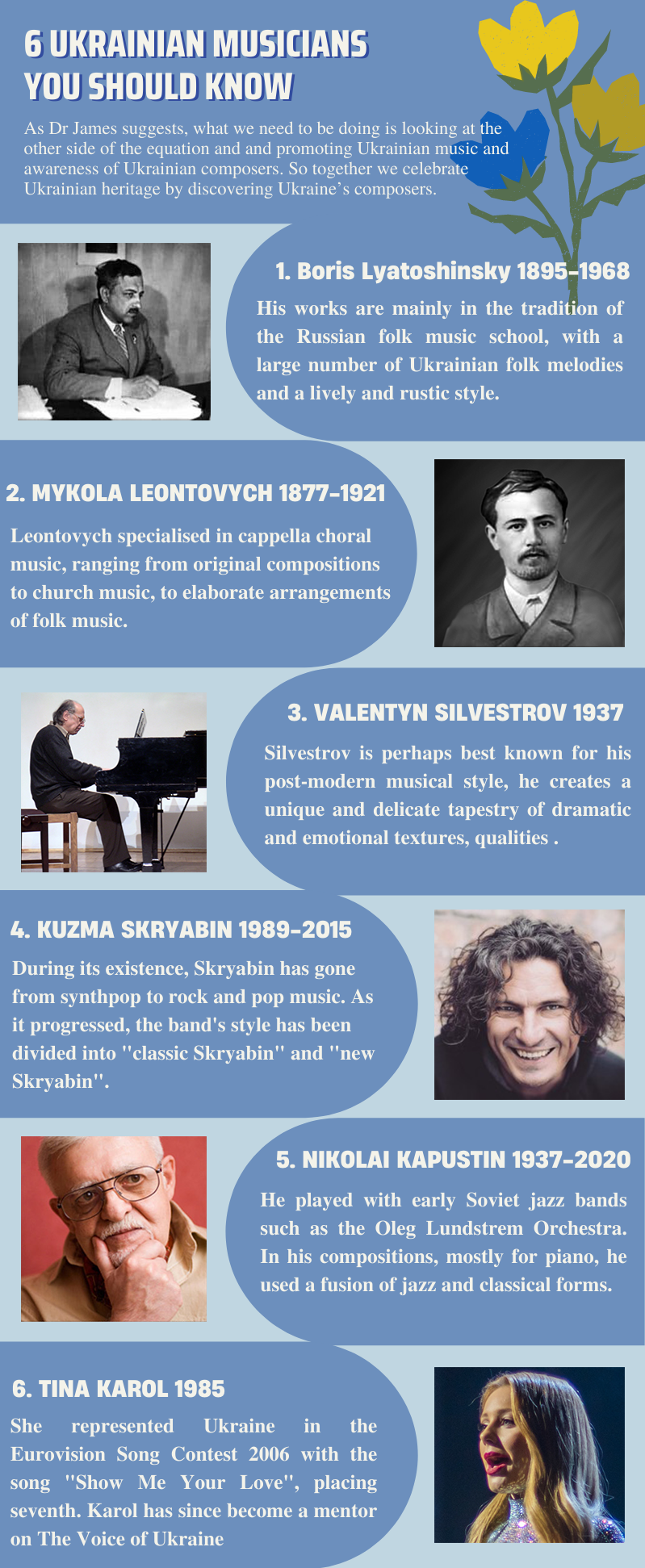As Russia’s invasion of Ukraine intensifies and displaces many civilians, musicians tell of their experiences in the flame of warfare.
February 24 changed everything for Nataliya Pavlyuk, a Ukrainian musician working far away in Norway. At night, she called her mother who stayed in the basement of the house where she grew up. As the sirens sounded and Russia bombed small military and general airfields throughout Ukraine, her family’s house was just 1 km away from it.
I was going crazy. It was an immense pain, I wish no one to experience it.
“The 2-3 weeks that proceeded I just slept for a few hours a day, I was in constant fear, with panic attacks, no one knew what was going to happen, it was a living hell,” said Nataliya.
Even with the outbreak of war, Nataliya still returned to Ukraine last month to take part in the annual composition competition. As the only Ukrainian musician to be shortlisted, she had been hoping that her work would make its debut in her motherland.
“I just felt like I couldn’t be outside the sirens when they were going to play my piece, I felt guilty for not being there. So I just travelled there, and I was very scared because of the whole situation,” said she.
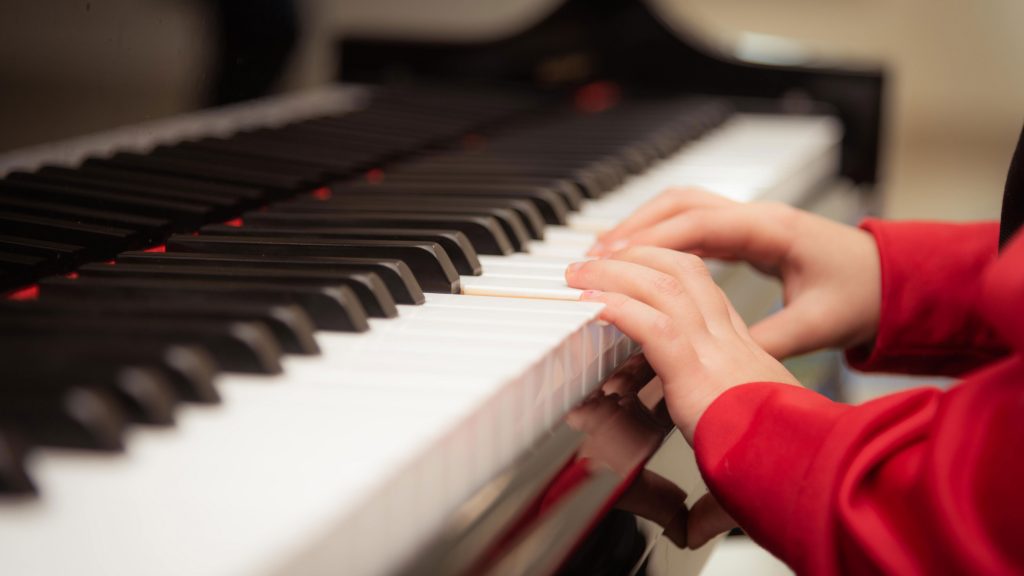
On the first day of rehearsal, Nataliya had to drive three hours from Ternopil to Lviv’s concert hall. Unfortunately, the area around Lviv was being bombed and the lives of about 14 people were in danger. The conductor told her that she was the only composer brave enough to come.
Nataliya said: “If it were not my country, I wouldn’t go either. But bravery should be built on something. It’s always built on love for family, love for your culture, because this place is connected to your memory.”
In a soundproofed concert hall, it was difficult for the musicians to react quickly to the sounds outside. She says that most of the orchestra members have families and children, “they were sad, they were stuck, but they were professional.”
During the break, Nataliya sat next to a bassist and he was eating an apple pie. She said: “I’m like, oh my God, this looks so good, is it your wife made it”, he replied: “No, it’s the only thing I can cook, my wife is now in Austria with our children because we tried to save their childhood.” Nataliya didn’t know what she was supposed to say because she can still go back to Norway in a few days, and he had to sit here and play further.
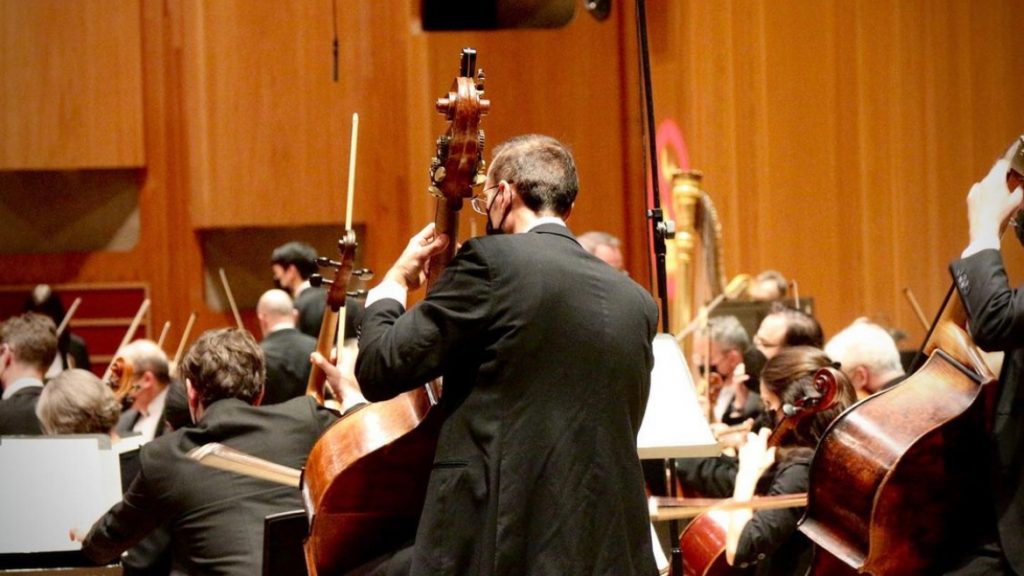
The war has separated many families from each other. Nazar Fedyuk, a violinist working in Switzerland, said that his father was under 60 so he could not leave Ukraine and his mother did not want to leave him alone, “Certainly I proposed, and I wanted them here, but they refused when it was still possible, and they don’t want”, said Nazar.
The war in Ukraine displaced musicians from the music halls. Rock stars and ballerinas joined the troops, and opera singers packed sandbags as they sang their songs. Like all other Ukrainians, the war has turned their lives upside down. However, they realized they had a powerful instrument to put into battle.
Irina Maniukina, a pianist, is shown in a video playing Chopin on an ash-covered grand piano among the remains of her bombed-out house. It depicts her home’s devastation, with furniture and shattered flowerpots, truncated doors, and wires emerging from destroyed walls.
To show their support for Ukraine, musicians from around the world are rallying to give concerts, with many of the proceeds from the concerts going to humanitarian work.
As orchestras across Europe launched concerts in support of Ukraine, the Munich Philharmonic fired star conductor and high-profile Putin supporter Valery Gergiev, which led to a wave of cancellations to Russian musicians.
The Dublin Piano Competition recently cancelled the participation of all Russian candidates. However, the Van Cliburn International Piano Competition allows Russian competitors to compete.
Alexander Malofeev, a Russian pianist, expressed his opposition to the war, but still his concerts in Canada have been cancelled. This 20-year-old pianist expressed his disappointment on Facebook.
“Honestly, the only thing I can do now is to pray and cry,” the pianist said, “It would seem that there are obvious conclusions: no problem can be solved by war, people cannot be judged by their nationality. But why, in a few days, has the whole world rolled back into a state where every person has a choice between fear and hatred?”
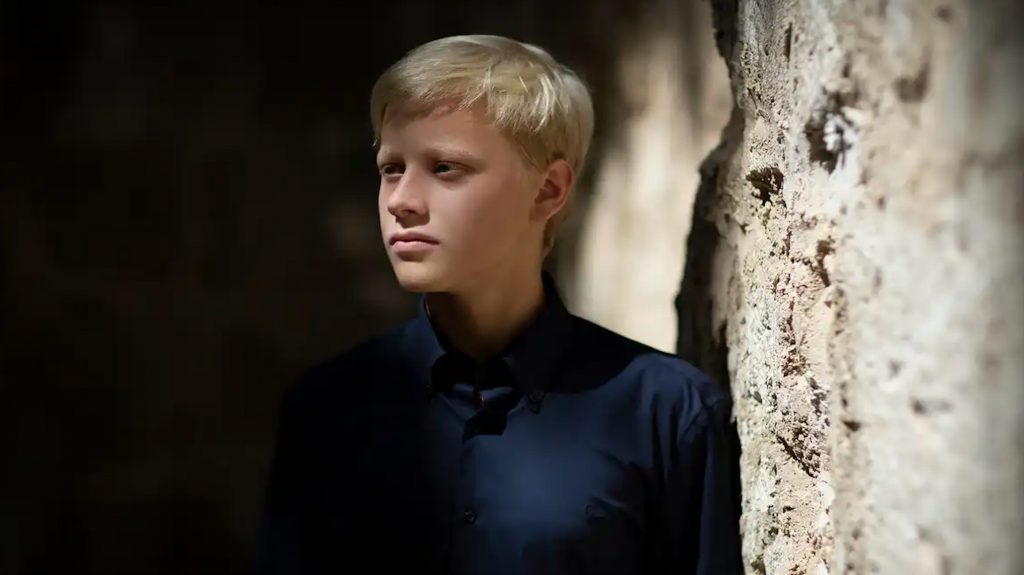
Nazar believes the ban on Russian musicians should be decided in different cases, “If it’s someone like Gergiev who is very deeply involved in political life of Russia, who is very big supporter and partner, as from what I see, he was one of supporters of taking Crimea from Ukraine, and that’s why he was banned from entering Ukraine since 2014” said he, “if you have action, you will have consequence and this is a consequence of supporting this regime who reaches my country at the moment.”
Nazar also thinks that music will always be part of politics and that history sometimes just repeats itself as the war in Europe often infiltrated its classical music. Verdi’s operas reflected the turmoil of the Italian revival; Beethoven witted his Symphony No.3 Eroica to Napoleon as a people’s hero, a devotion he angrily revoked when Bonaparte was declared Emperor.
There are real issues to do with the cancel culture in general, people should be careful not to slip into binary or oppositional thinking and there is no definite right or wrong, according to Dr Jonathan James, music educator at Bristol University.
He is strongly against demonizing a whole nation based on their tyrannical dictator, meanwhile, there is a big problem behind the cancellation. He said: “I think the main problem is feeding into the Putin narrative, which is quite happy to have us divide into Russia and the rest, and feed into Russian isolation in a way that’s in turn, gives them power and gives them something to revolt against.”
Nataliya also mentioned the same issue and she thinks that Putin will use all these boycotts for propaganda, “they are showing it in the news, like look how they hate us, and the whole world is against us because we are so great”, said she.
She believes that art and artists should be separate, like Tchaikovsky’s sexuality brought him both joy and despair. His country denies he was gay, and any evidence that suggests so. “Banning Russian art instead of banning Russian gas is the biggest hypocrisy of 2022,” said she.
“I think that’s what we’ve got to give chance for music to do is to override the unthinking narratives in the political and media spheres,” Dr James gave an example that happened in the history.
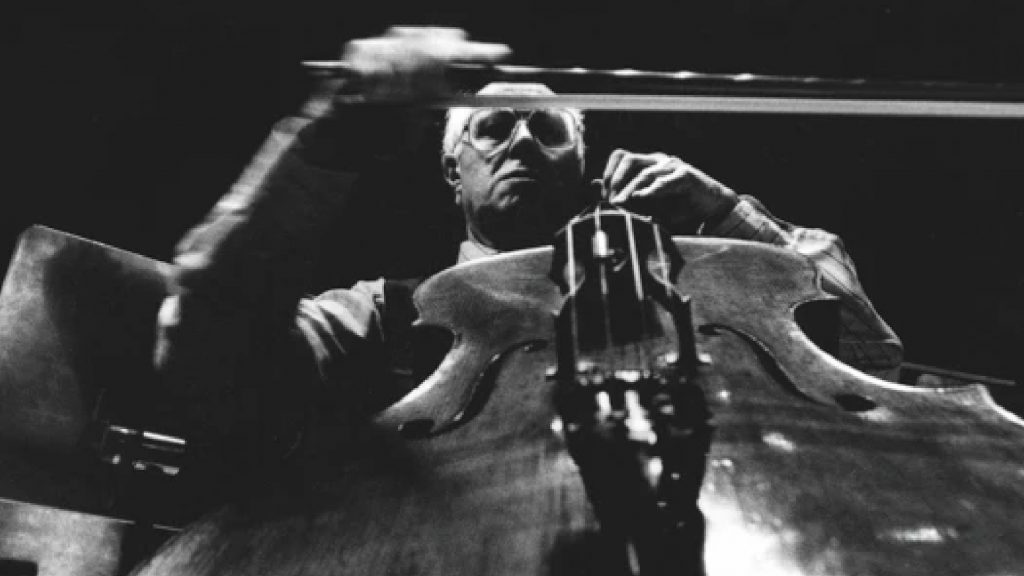
In 1986, Russia detained a Czech politician who is liberal and very popular. During that time, the US philharmonic orchestra came to London and performed with Rostropovich, the great Russian cellist who was very much associated with the soviet regime. And initially, the audience was booed. But by the end of the Shostakovich symphony, everybody was stunned to silence, and everybody received huge applause.
“Music of all the arts, of all the genres of art has the potential to go across boundaries across languages, and it is at its most powerful when it’s bringing us together,” said Dr James.
